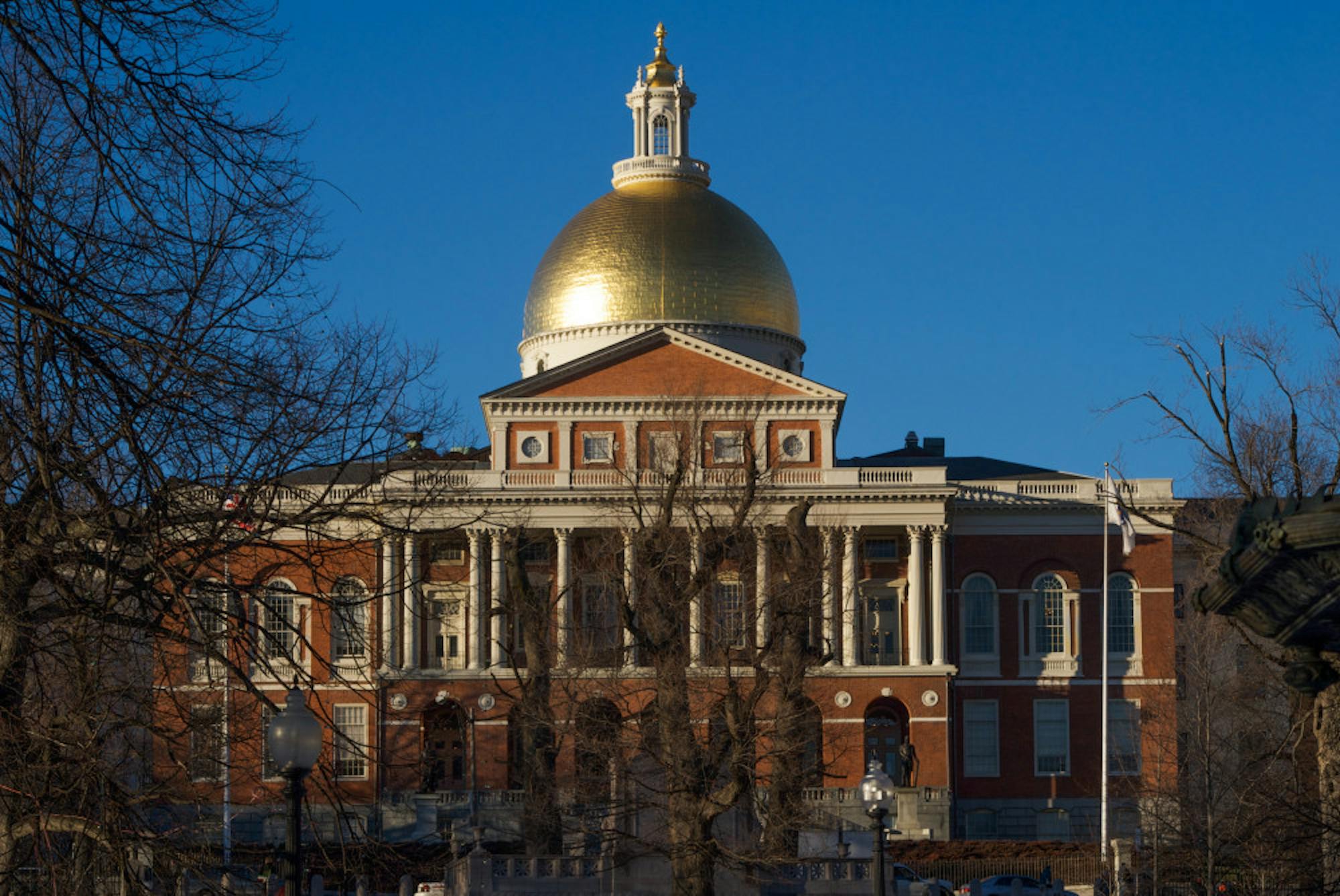The Tufts Community Union (TCU) Senate passed “A Resolution In Support of the Massachusetts Safe Communities Act” on February 20. In this resolution, TCU Senate officially declared its support for the Massachusetts Safe Communities Act and asked University President Anthony Monaco and other Tufts administrators to publicly support the act.
The Safe Communities Act, commonly referred to as the “sanctuary state” bill, would forbid law enforcement officials in Massachusetts from detaining and helping to deport people based on their immigration status, would prohibit the deputizing of local police officers as immigration agents and would bar state agencies from participating in a federal registry based on religion.
Monaco told the Daily in an email that he has not yet taken a public position on the Massachusetts Safe Communities Act. He said he wants to hear from state and local leaders before taking a position for the university.
“The bill is very complex with wide-ranging implications for a number of areas beyond higher education, including law enforcement, state and local governance and others,” he said. “It will be important to hear the perspective of ... leaders and to better understand the bill’s potential consequences, both intended and unintended. As a result, I believe it is premature to assess the bill at this time.”
Nonetheless, Monaco reiterated that Tufts is committed to protecting undocumented students and that the school will resist attempts to detain or deport members of the Tufts community. Monaco announced this stance in November 2016, after students organized a walkout calling on Tufts to be designated a "sanctuary campus," according to a Dec. 1, 2016 Daily article.
"We have forcefully stated our position that we will not provide information or assist in the enforcement of immigration laws except as mandated by a subpoena, warrant or court order," Monaco said.
After the resolution in support of the Safe Communities Act passed, several TCU senators met with Monaco and Assistant to the President Yvette Terry. Junior senator Anna Del Castillo, who helped draft the resolution, said she is hopeful for future progress in spite of Monaco's decision.
“We did not leave the office with him coming out and saying ‘yes, I will make a public statement,’ which is what we wanted, but I think we are forming a relationship with him around this issue, and he wants to meet with us again before this year is up,” Del Castillo said. “I think we are seeing progress.”
Del Castillo explained that she believes the Massachusetts Safe Communities Act is necessary because the status quo in non-sanctuary cities endangers immigrant communities.
“I’ve seen the danger that can be presented to undocumented people when the local police officers are working with [Immigration and Customs Enforcement], and that just doesn’t create a lot of safe communities,” she said. “It creates a lot of fear and prevents undocumented people from going to the police to report crimes that were committed against them.”
Massachusetts State Senator Pat Jehlen, whose district includes both Medford and Somerville, said that she supports the Safe Communities Act because she worries current laws prevent some immigrants from coming forward in criminal investigations for fear of deportation. She also supports TCU Senate's resolution.
"I think that's great," she said of the TCU resolution. “When people feel that the police are not protecting them but threatening them, they don’t report crimes like domestic violence.”
Jehlen added that she worries about President Donald Trump's threat to cut federal funding to cities that fail to enforce federal immigration policies. However, Del Castillo does not share the fear that the Trump administration will cut funding because she believes the administration sometimes makes claims without intending to follow through on them.
One major challenge to the act’s passage is Massachusetts Governor Charlie Baker, who has stated publicly that he believes local communities, rather than the state as a whole, should decide whether or not they wish to enforce federal immigration laws.
Jehlen believes that Baker may have taken this stance on the bill because he does not understand the issue and because of the broader political realities that constrain him.
“I think he may not understand what it is,” she said. “He may be worried that other people don’t understand it too and will be against it.”
Del Castillo hopes that the bill's passage in the Massachusetts legislature might put political pressure on Baker to support it, even if he has reservations.
“I am very disappointed that Governor Baker has publicly stated that he will not support this bill, but I think that if it did pass, that’s a very powerful statement that people and the local government want this bill and want the change,” she said.
Baker faced strong criticism for his stance against making Massachusetts a sanctuary state when he visited Tufts in February, with about 60 students protesting and walking out of his speech, according to a Feb. 4 Daily article. Del Castillo said that the students who protested against Baker when he visited Tufts may have helped push him to reconsider his current position.
“I personally think that it helped, because it wasn’t just that the students were standing up and leaving,” she said. “I think that it was a really powerful action that probably -- he left the university saying ‘wow I should probably think about this.’”
TCU Senators who helped draft the resolution are already working on a webinar to encourage other student governments at universities in the greater Boston area to support the Massachusetts Safe Communities Act, according to Del Castillo.
“We are trying to do [these] webinars to get their student governments to pass similar resolutions,” she said. “If we could get all of the Boston universities to come out and say we support this, I think that would be very influential.”
Monaco reserves judgment on Mass. Safe Communities Act

The Massachusetts State House is pictured on Jan 28, 2008.





